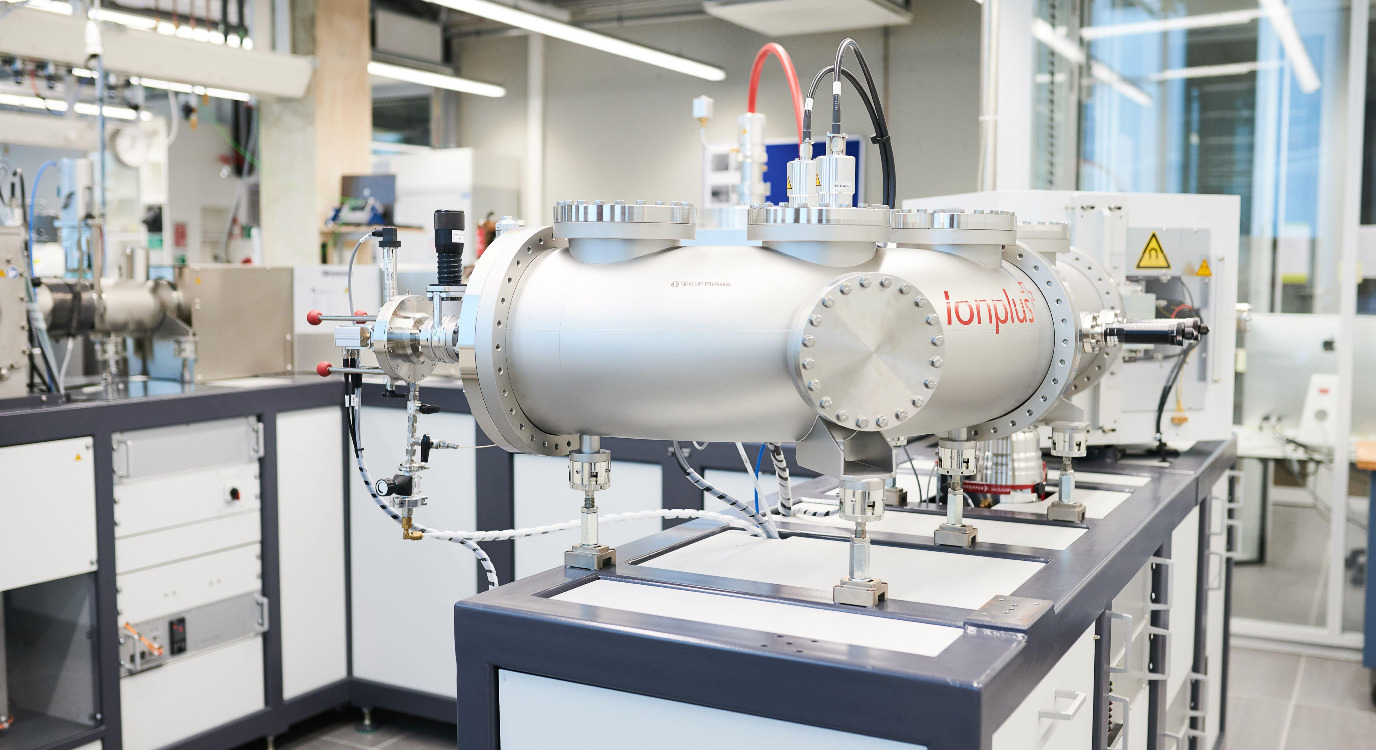High-resolution radiocarbon chronology

Chronological analysis of the development of animal husbandry in the Dutch wetlands has engendered much debate. The onset and duration of this complex process is still unclear, despite the amount of data available. Calibrated radiocarbon (14C) dates over this period lack precision due to the occurrence of a so-called calibration plateau which results in the adverse overlap of different phases, triggering ambiguity in the chronological narrative. To address this issue, this project aims to re-assess the excavation data from selected sites in order to establish a high-resolution Bayesian chronological model of both published and newly acquired 14C dates. The new 14C measurements will be carried out at the Centre for Isotope Research (CIO) which houses one of the most sensitive and accurate accelerator mass spectrometers (AMS) currently available. Rigorous stratigraphic and contextual analysis in combination with the new chronometric data will help to overcome the calibration plateau and greatly increase the precision of individual events and processes. Data from this PhD project will serve as the chronological backbone for the other two sub-projects.
| Last modified: | 15 December 2020 08.39 a.m. |
